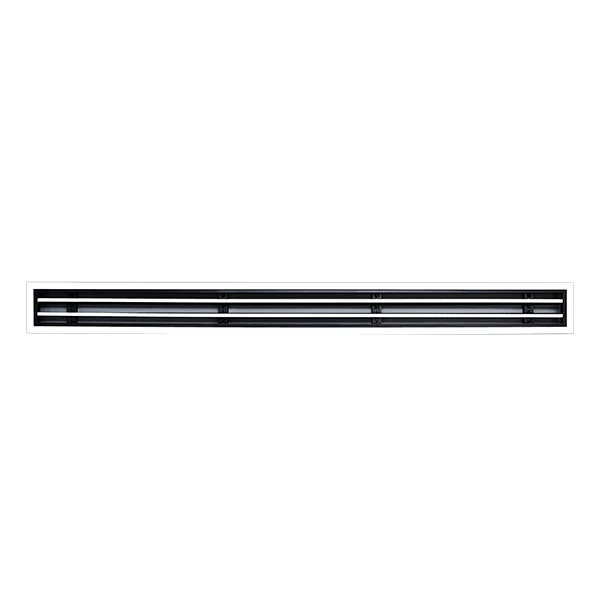When it comes to home maintenance, electrical components often require attention, and one of the most common issues homeowners face is the need to replace a switch. Whether it’s a light switch, a dimmer switch, or a smart switch, understanding the costs involved can help you budget effectively and make informed decisions. In this article, we will delve into the various factors that influence the cost of switch replacement, the types of switches available, and the potential DIY versus professional installation considerations.
Understanding the Types of Switches
Before we discuss costs, it’s essential to understand the different types of switches available on the market. Each type comes with its own price range and installation requirements:
- Standard Light Switches: These are the most common switches found in homes. They are typically inexpensive, ranging from $1 to $5 per switch.
- Dimmer Switches: Dimmer switches allow you to adjust the brightness of your lights. They usually cost between $10 and $30, depending on the brand and features.
- Smart Switches: These modern switches can be controlled via smartphone apps or voice commands. Prices for smart switches can range from $15 to $60 or more, depending on the technology and compatibility with smart home systems.
- Three-Way and Four-Way Switches: These switches are used to control a single light from multiple locations. They generally cost between $5 and $15.
Factors Influencing Replacement Costs
The cost of replacing a switch can vary significantly based on several factors:
- Type of Switch: As mentioned, the type of switch you choose will greatly affect the overall cost. Smart switches, for example, are more expensive than standard switches.
- Labor Costs: If you hire a professional electrician, labor costs can range from $50 to $100 per hour, depending on your location and the electrician’s experience. The time required for installation can vary based on the complexity of the switch and the existing wiring.
- Wiring Conditions: If your existing wiring is outdated or damaged, additional repairs may be necessary, which can increase costs. Upgrading wiring to meet current electrical codes can add $100 to $500 to your total bill.
- Accessibility: If the switch is located in a hard-to-reach area, such as behind furniture or in a cramped space, the labor costs may increase due to the additional time and effort required.
- Permits and Inspections: In some areas, electrical work may require permits and inspections, which can add to the overall cost. Always check local regulations before proceeding with electrical work.
DIY vs. Professional Installation
One of the most significant decisions you’ll face when replacing a switch is whether to tackle the job yourself or hire a professional. Here are some considerations for both options:
DIY Installation
- Cost Savings: By doing it yourself, you can save on labor costs. However, you will need to invest in tools and possibly a new switch.
- Skill Level: If you have basic electrical knowledge and feel comfortable working with wiring, DIY can be a viable option. However, safety should always be your top priority. Ensure you turn off the power at the circuit breaker before starting any work.
- Time Investment: DIY projects can take longer than expected, especially if you encounter unforeseen issues.
Professional Installation
- Expertise: Hiring a licensed electrician ensures the job is done correctly and safely, reducing the risk of electrical hazards.
- Time Efficiency: Professionals can typically complete the job faster due to their experience and access to tools.
- Warranty and Insurance: Many electricians offer warranties on their work, providing peace of mind. Additionally, they are insured, protecting you from liability in case of accidents.
Conclusion
In summary, the cost to replace a switch can range from as little as $1 for a basic switch to over $100 for a smart switch, with labor costs adding significantly to the total if you choose to hire a professional. Factors such as the type of switch, wiring conditions, and local labor rates will all play a role in determining the final cost. Whether you decide to tackle the project yourself or hire a professional, understanding these elements will help you make an informed decision and ensure your home’s electrical system remains safe and functional.


More Stories
Cat7a S/FTP Network Cable in High-Density Data Transmission Environments
UHF RFID Readers for Asset Management
Does a 4G Industrial Grade LTE WiFi Router with SIM Slot Work as a Reliable Wireless WAN Gateway?